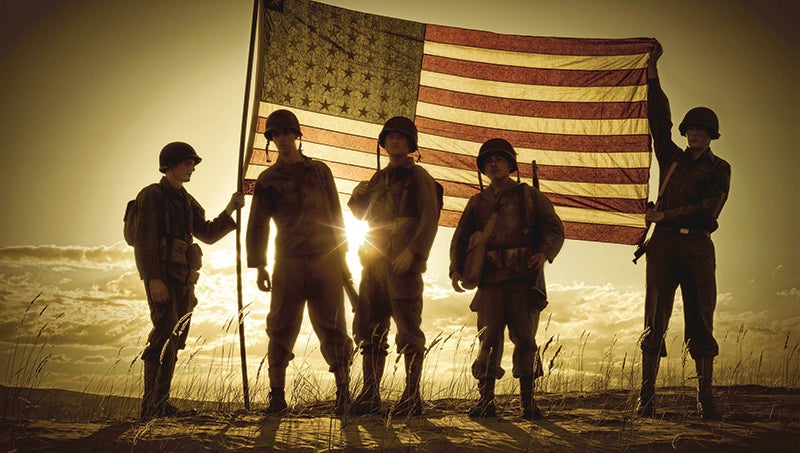Lost in translation
Published 7:05 pm Friday, April 12, 2019
“Support our troops.”
“Support our veterans.”
It’s only the right thing to do — to not only make the statement but to support the programs and efforts that exist to support those who have served and sacrificed in the defense of the U.S.
Those statements do not discriminate between the people serving. They encompass everyone who has served: black, brown, white; male, female; tall, short; Christian, Muslim, non-religious; from the South, from the North, and the non-native born. They do not draw a line between those who leave their service mentally and physically intact and those who do not; between those who make the transition from active duty to civilian life with ease and those who do not; those who treat their post traumatic stress disorder symptoms with substance abuse.
Many Daily News’ readers know of the project called Rose Haven. Located in Washington, this group home for female veterans will offer a place for a critical stage of recovery from substance abuse. And it is critical. The most vulnerable time for a recovering addict — whether it’s alcohol or drug abuse — is the weeks and months after rehab, when the stress of re-entering daily life without the crutch of their former addiction can be a slippery slope toward relapse. Giving these female veterans a place to land, adjust and assimilate into a community without the triggers they would encounter had they gone back to their pre-rehab lives and locations is paramount to a full recovery.
Rose Haven will be a tool to a full recovery; Washington, a place to call home for U.S. veterans in desperate need of a new, trigger-free way of life.
Unfortunately, there are those who would withhold their support from Rose Haven, saying the project does not support “our” veterans, but outsiders instead; people who are not from Washington or Beaufort County. This logic is faulty, however, because the phrase, “Support our veterans” does not draw geographical lines in the sand. It does not discriminate based on where a veteran is born or grew up or chooses to relocate. It is simply what it states: support the programs and efforts that support our American veterans, whether through thought, action or funding.
If recovering veterans from Washington and Beaufort County are welcomed at facilities similar to Rose Haven yet located elsewhere, then it only follows that the same welcome should be wholeheartedly reciprocated here, regardless of what town fills in the “place of birth” line on a veteran’s birth certificate. To not reciprocate that welcome, and support, renders a blanket statement of patriotism meaningless.
The phrase is “Support our veterans,” which in no way translates to “Support my veterans, only.”





